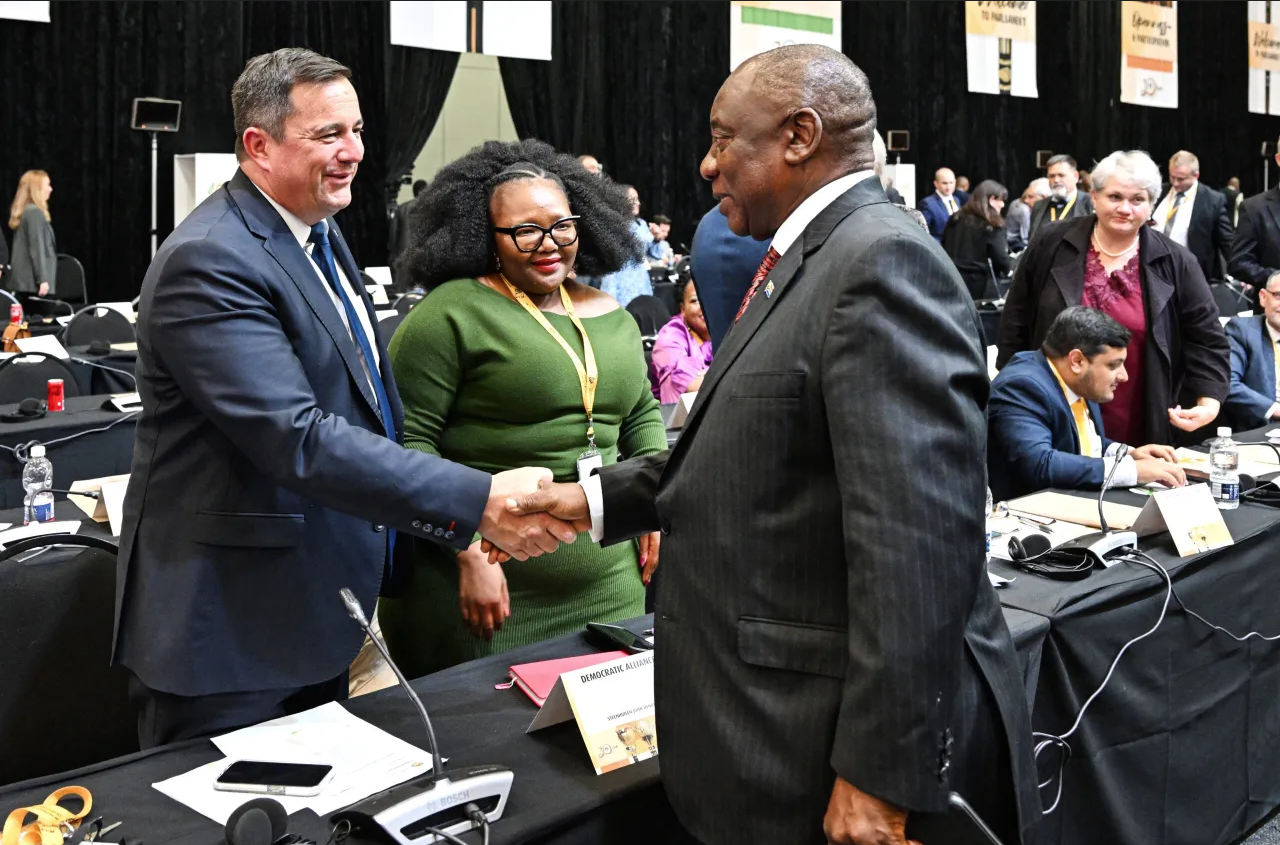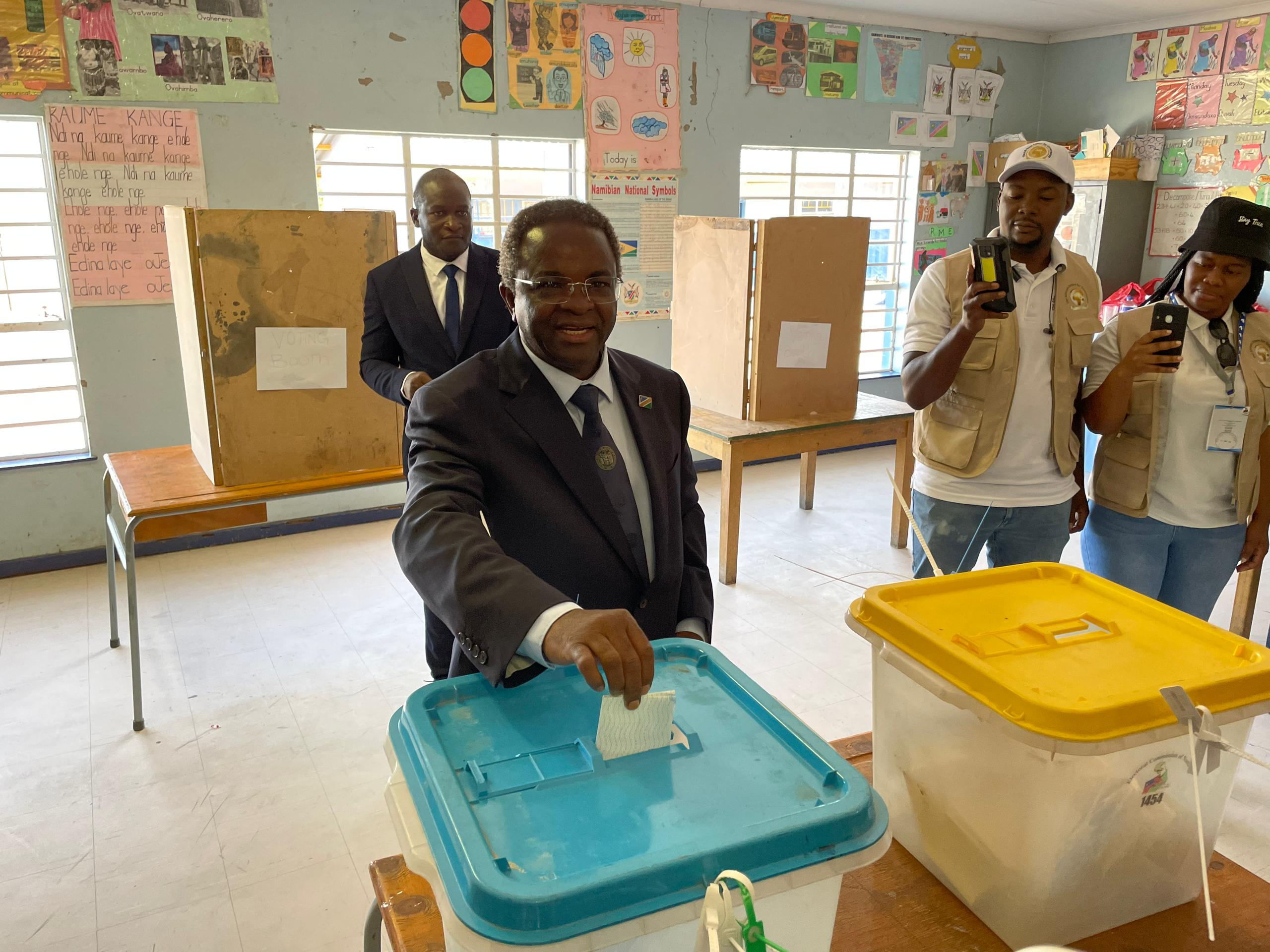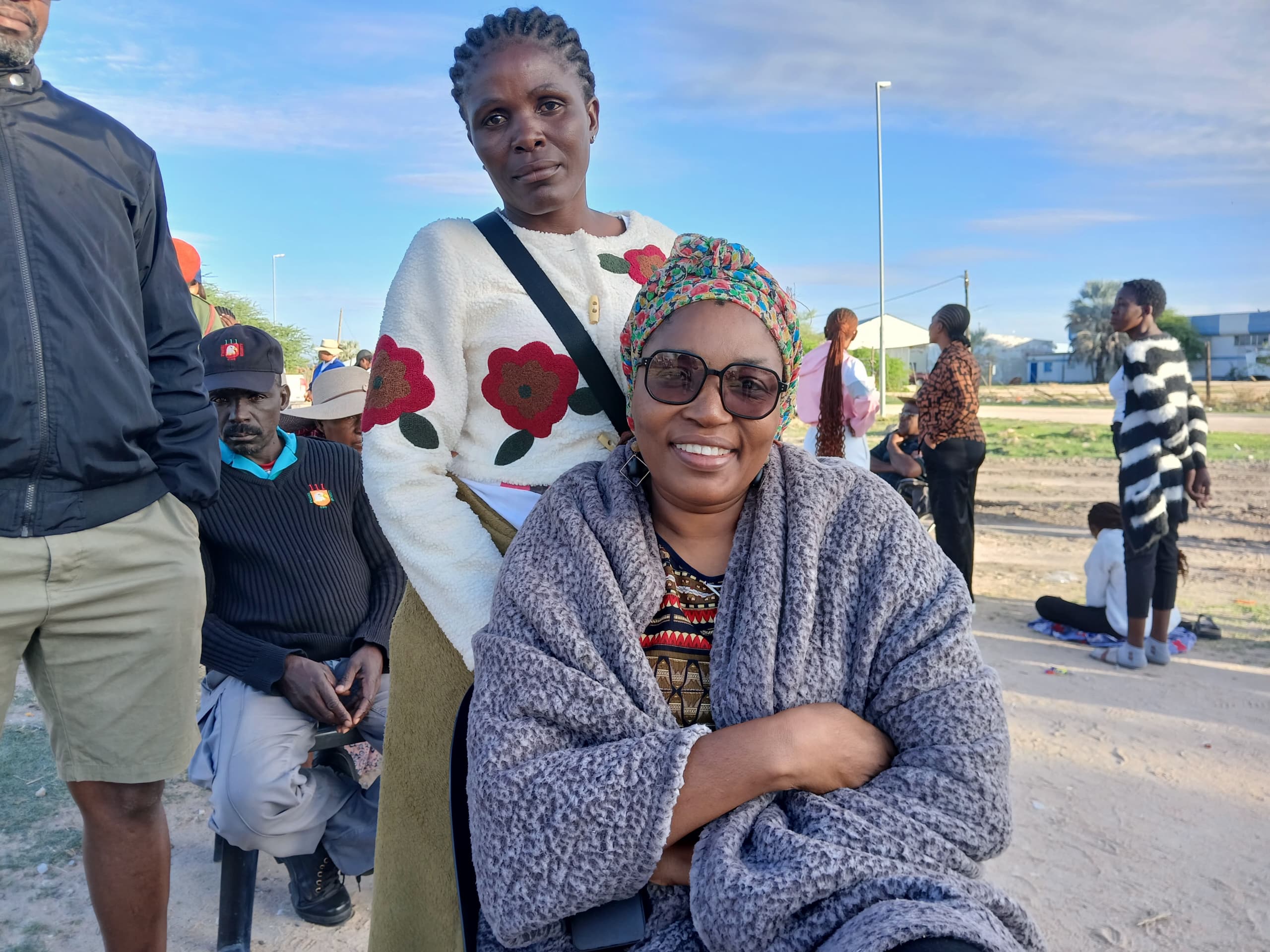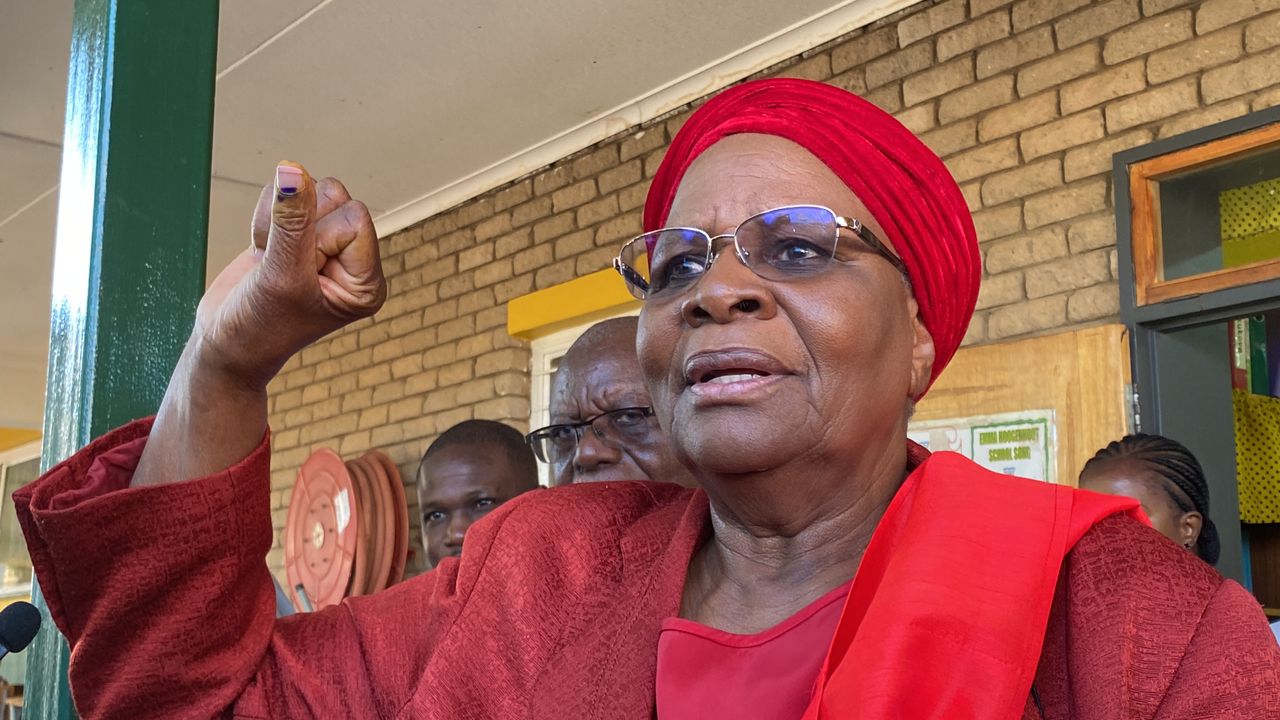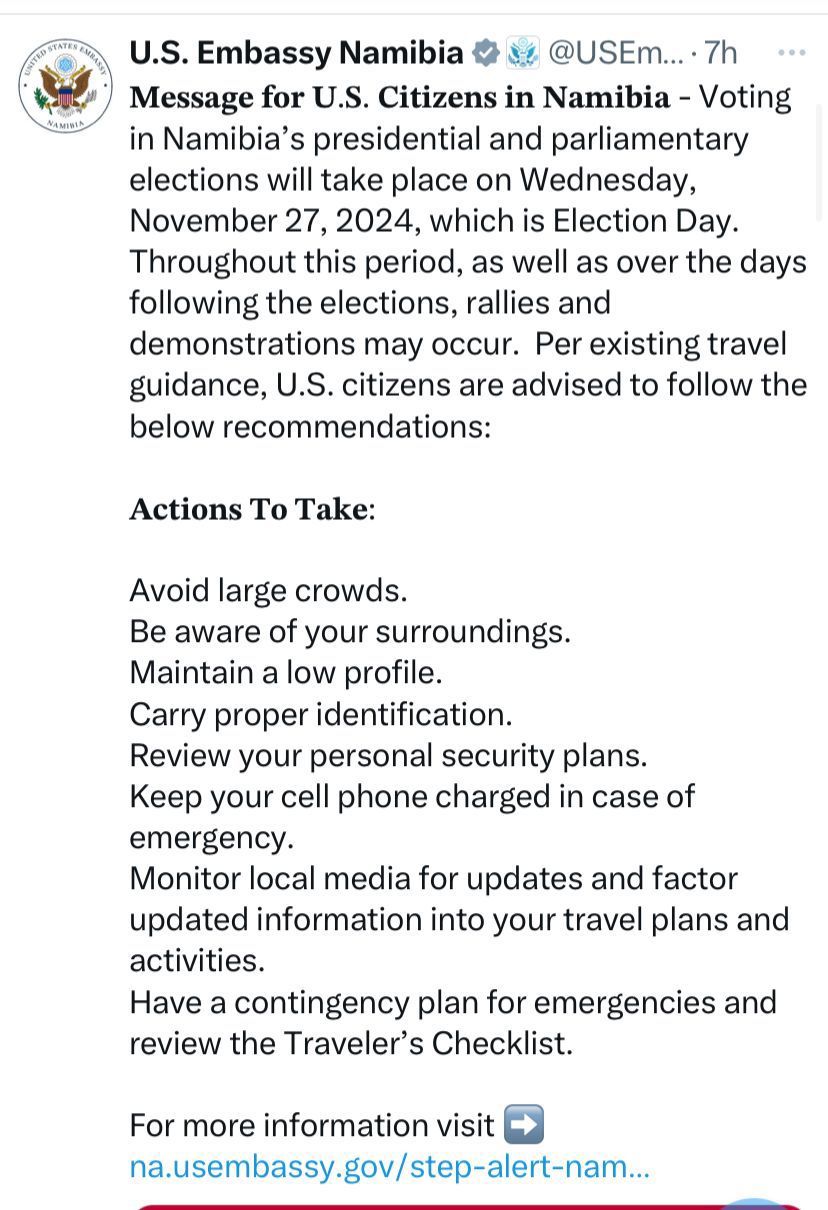The DA’s Federal Executive will continue negotiations with the ANC about the composition of the government of national unity despite major differences over the allocation of Cabinet posts.
The Democratic Alliance (DA) has resolved to persist with negotiations with the African National Congress (ANC) over the composition of the government of national unity (GNU), despite significant disagreements about Cabinet positions.
A special Federal Executive (FedEx) meeting convened by the DA on Thursday evening aimed to address the latest impasse but concluded with a resolve to continue discussions over the weekend.
Negotiations reached a critical juncture on Wednesday evening when the ANC proposed a new arrangement involving fewer portfolios for the DA, deviating from earlier discussions. This followed the DA’s readiness to accept seven ministerial and seven deputy ministerial positions in key departments.
However, sources from both parties revealed that the ANC’s revised stance meant the DA would not gain control of significant departments within the economic cluster, leading to a deadlock. Daily Maverick reported that the ANC’s new offer was perceived by the DA as a retreat from previous agreements, intensifying the standoff.
Initially poised to abandon the negotiations, the DA decided to proceed with discussions after the FedEx meeting. Insiders said the party hoped to reach a conclusive agreement with the ANC before the end of the weekend.
Both the DA and the ANC have refrained from commenting on the current state of affairs.
However, leaked communications between President Cyril Ramaphosa and DA leader John Steenhuisen have shed light on the contentious issues at the heart of the deadlock.
Leaked correspondence reveals points of contention
A letter from Steenhuisen to Ramaphosa, dated 24 June, thanked the President for offering the DA six Cabinet portfolios — Home Affairs; Basic Education; Trade, Industry and Competition; Public Works and Infrastructure; Communications and Digital Technologies; and Forestry, Fisheries and the Environment — along with deputy ministries in Finance, Energy, Small Business Development and another to replace Trade, Industry and Competition.
Despite these offerings, Steenhuisen’s letter expressed concern that the DA was being shortchanged relative to its proportional share in the GNU.
He argued that the DA’s support within the coalition entitled it to nine positions in a 30-member Cabinet, as opposed to the six on the table.
“In addition to the six existing Cabinet portfolios which we accept, [we ask that] another two portfolios be allocated to the DA out of the options of Sport, Arts and Culture, Agriculture, Rural Development and Land Reform or Public Service and Administration (we would accept the need for public sector wage negotiations to be moved from this portfolio to the Minister of Finance).”
He said he was proposing these three options as alternatives to a minister in the Presidency, or the ministries of Transport or International Relations, as he accepted Ramaphosa’s rationale for assigning these to the ANC.
“Assigning two of these portfolios to the DA would take our quantum in Cabinet from six to eight, which would satisfy clause 16 by better reflecting the will of the people as expressed in the electoral outcome, while also taking into account the national interest,” wrote Steenhuisen.
Ramaphosa’s call for face-to-face negotiations
In response, Ramaphosa, in a letter dated 25 June, criticised the method of conducting negotiations through correspondence. He said that such critical discussions should be handled in direct, face-to-face meetings to avoid media leaks and ensure genuine, good-faith negotiations.
Ramaphosa also addressed concerns raised by the DA, stating that its demand for two additional Cabinet portfolios was inconsistent with the principles of inclusiveness and proportional representation outlined in the GNU’s Statement of Intent.
Furthermore, Ramaphosa expressed dissatisfaction with a letter from DA Federal Council chairperson Helen Zille, which he described as offensive and condescending.
Zille had demanded 12 portfolios for the DA, a review of current contracts under DA-led departments and involvement in the appointment of directors-general.
Ramaphosa wrote, “I regard your approach in moving the goalposts as a continuation of what was articulated in your Federal Chair’s letter of 22 June 2024 on issues such as ‘sealed mandates’ of Ministries, through which the DA seemed to want to set up a parallel government that would operate outside the framework and parameters of the Constitution-based method and protocols of running the government of the Republic of South Africa.”
He added that clause 16 of the Statement of Intent makes plain that the GNU “shall be constituted in a manner that reflects genuine inclusiveness of all the political parties that are party to the Statement of Intent and are represented in the National Assembly broadly taking into account [his emphasis] the number of seats parties have in the National Assembly and the need to advance the national interest.
“The clause further provides that the President shall, in constituting the Executive, take into account the electoral outcomes. These commitments are set out in full appreciation of the President retaining discretion to constitute the Cabinet — a prerogative I believe I have duly and sufficiently tempered to fulfil the commitment of the Statement of Intent.”
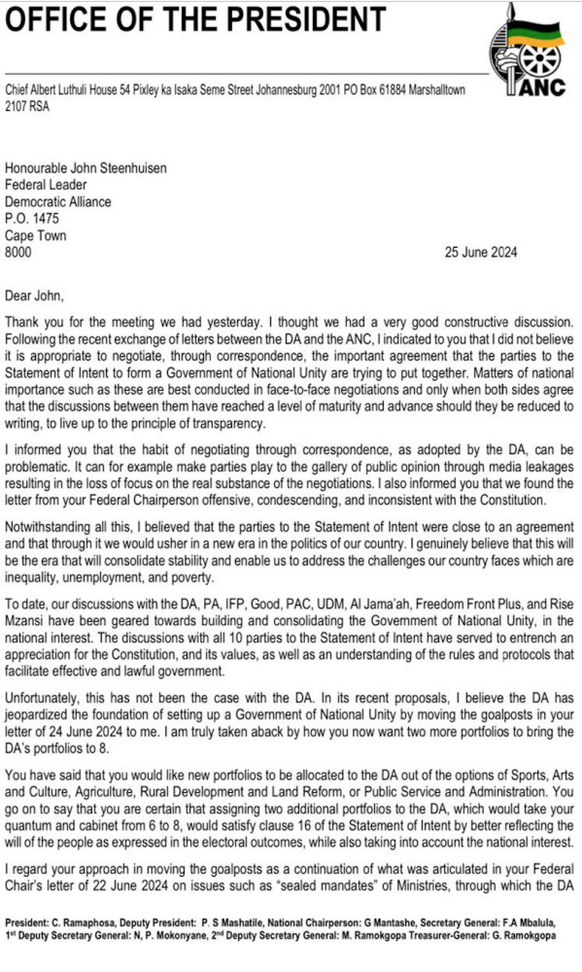
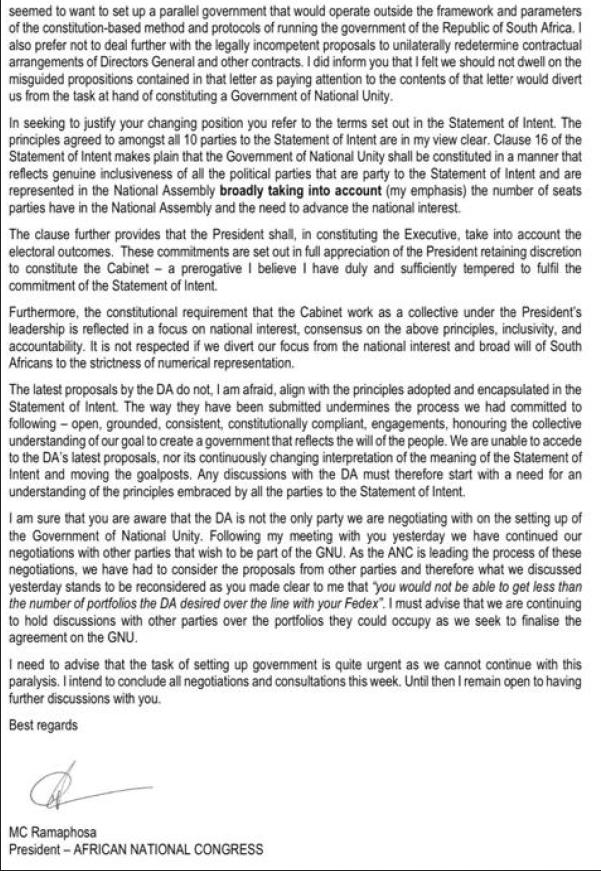
Negotiations continue
As the weekend approaches, both parties are under pressure to finalise GNU negotiations. Ramaphosa has urged for the completion of talks by the week’s end, highlighting the urgency of forming a government that reflects the electoral outcome and serves the national interest.
The political landscape remains tense as the DA and ANC navigate these complex negotiations. With the DA committed to continuing the dialogue, the nation waits to see if a breakthrough can be achieved to form a stable and inclusive government.
While the negotiations continue, the delay in finalising the Cabinet has already affected parliamentary operations. With the establishment of the seventh Parliament just two weeks ago, the National Assembly and the National Council of Provinces have begun organising their structures and committees.
The uncertainty surrounding the new Cabinet has left many members of Parliament in limbo, unsure whether they will remain in their parliamentary roles or be appointed to ministerial positions.
Stay informed with The Namibian – your source for credible journalism. Get in-depth reporting and opinions for
only N$85 a month. Invest in journalism, invest in democracy –
Subscribe Now!


